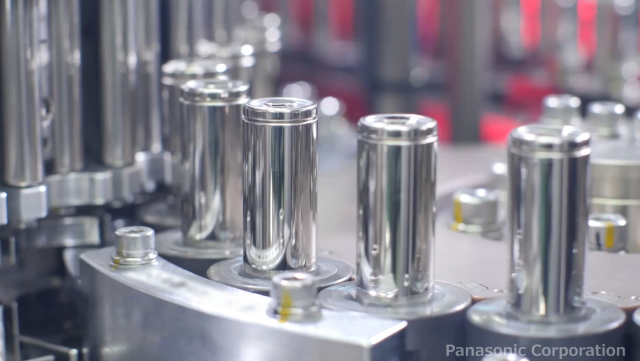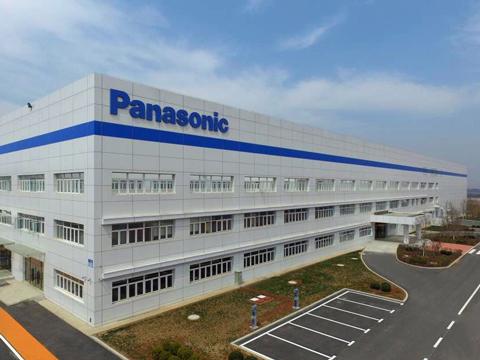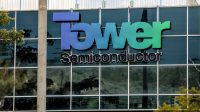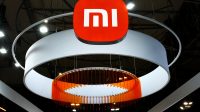Panasonic Reevaluates North American Expansion Plans for Battery Business

Panasonic is reevaluating its plans for a third battery plant in North America, according to CEO Yuki Kusumi. The company, a key supplier for Tesla, had initially set a goal to decide on the construction of the new facility by the end of March. However, Kusumi emphasized the importance of enhancing productivity within the battery business before proceeding with the expansion. The CEO expressed a need to thoroughly consider the timing and prioritize productivity improvements over the immediate establishment of a new plant.
Navigating Challenges in the Electric Vehicle Market

Amidst signs of a slowdown in electric vehicle (EV) demand in the United States, with automakers like General Motors and Ford scaling back production plans, Panasonic Energy, the battery unit, is rethinking its strategy. While the company already operates a plant in Nevada and is in the process of building a second one in Kansas, plans for a potential factory in Oklahoma have been abandoned.
The Kansas facility is anticipated to boost annual auto battery capacity to 80 gigawatt hours (GWh), with a long-term goal of reaching 200 GWh by early 2031. Kusumi stressed the importance of optimizing existing investments and increasing production volume from current facilities before committing to a third plant. He highlighted that having fewer production sites is generally preferable, considering the human resources requirements of establishing new facilities.
Panasonic aims to elevate production capacity by refining processes like machine maintenance, aiming for profitability without solely relying on U.S. incentives such as the Inflation Reduction Act (IRA). The IRA and other U.S. legislation provide incentives to encourage domestic production of EVs, batteries, and raw materials. Despite growing global demand for EVs, especially among consumers, challenges persist in key markets like the United States and Europe, where cooling demand and pricing concerns have impacted the industry’s anticipated profitability. Kusumi acknowledged the need for the energy unit to operate profitably without being overly dependent on external incentives.
Read More EV – Tech Foom








